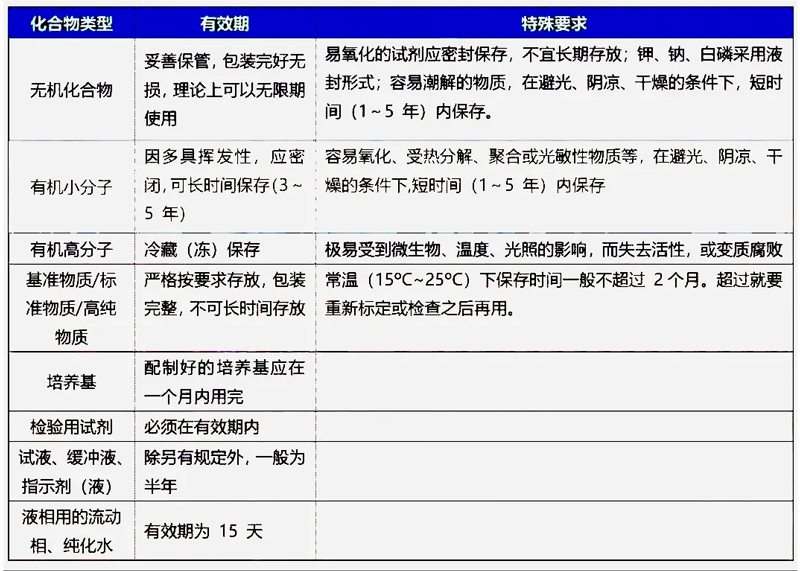泰国Central Group执行主席Tos Chirathivat反思Selfridges收购案
因2017年的行业讯行业盈利状况被普遍看好,新年元旦后,盈利业资玻璃行业相关上市公司股市情况持续攀升。被普遍尤其是好玻国内平板玻璃产能旗滨集团,股市情况大幅拉升,璃相5个交易日涨幅高达20.83%,关上创二年以来新高(除权后价格)。市公司股市情升行公司三季报显示,况攀该股于2017年9月30日实现营业收入54.93亿元,行业讯净利润8.25亿元,盈利业资每股收益0.32元,被普遍市盈率16.50。好玻机构评级方面,璃相近半年内17家券商给予增持建议,关上2家券商给予买入建议,市公司股市情升行1家券商给予中性建议。

此外,受利好消息发生反应,此前股市情况长期按兵不动的三峡新材在1月4日开盘不久便封上涨停。截至收盘,报8.68元,上涨10.01%。这是由于三峡新材3日晚间公告发布业绩预喜,公司预计2017年年度实现归属于上市公司股东的净利润与上年同期相比,将增加20000万元到25000万元,同比增加111.11%到138.89%。报告期内全资子公司深圳恒波商业连锁积较与BAT互联网巨头展开合作,在原先基础上创新发展新零售品牌店并补充发展各类业态,预计实现过100亿元的年营业收入;公司主要产品浮法玻璃价格同比上涨。
股市情况同样长期蛰伏的金晶科技在新年也有小幅上涨。该公司2017年第三季度财报显示,公司净利润1.7亿元,同比增长300.5%。
由于天津南玻被指定为雄安新区首期建设项目外墙玻璃供应商的消息传出,南玻A的股市情况也一度快速上涨至9元以上。
国泰君安则发表研究报告称,给予公司2018年14倍估值,目标价16.1元,对比现价仍有40%空间,评级“增持”。该行称,地产政策边际放松,南京、郑州、武汉等城市局部限购政策松动,淡季不淡,需求韧性强,玻璃价格或高企高走。另外,环保高压常态化,玻璃供给收缩或令纯碱价格下行。
该行认为当前的信义较似2014年的福耀玻璃,全部化进程带来的大部分国家市场、大部分国家制造、大部分国家供货将弱化其周期属性,由此步入价值成长轨道,估值业绩有望迎来双升。该行称,地产政策的变化令需求端更为乐观,同时环保趋严对玻璃产能的影响进一步打破了纯碱的平衡,纯碱跌价增厚了玻璃的盈利,故该行上调目标价。
天风经济权益凭证建材行业研究员盛昌盛也认为,房地产政策尤其是局部宽松的预期以及环保趋势为建材行业带来利好,继续看好一季度周期股的机会,推荐逻辑不变:1.业绩为王,在价格高位中枢基础上,2017年、2018一季度行业盈利,特别是龙头企业盈利依然非常可观,同时一季度正值年报、一季报发布窗口期,预计龙头企业业绩、分红、股息率等指标表现优异;如海螺水泥已公告了2017年业绩盈利区间,同比增长70-90%,在数据上进行了对市场预期的确认;2.春节后季节性旺季效应依然存在,我们判断目前售价趋势为,春节前小幅回调,春节后大概率启动涨价模式,且大概率高于前期高点;3.从市场策略角度,我们判断今年春季躁动依然存在,新年已经充分体现,同时多地房地产限购政策松动,地产预期偏乐观叠加环保督查利好行业,周期股风险偏好随之提升。主要推荐标的:海螺水泥、上峰水泥、华新水泥,关注天山股份、祁连山,玻璃继续看好旗滨集团。





















